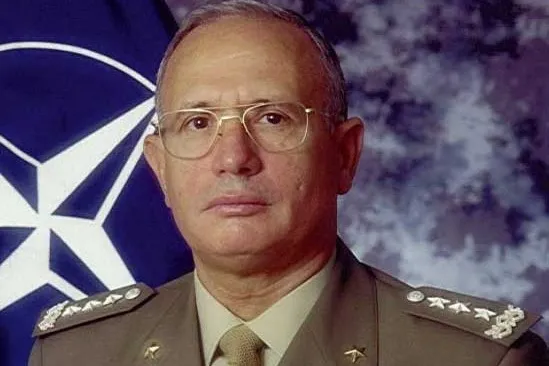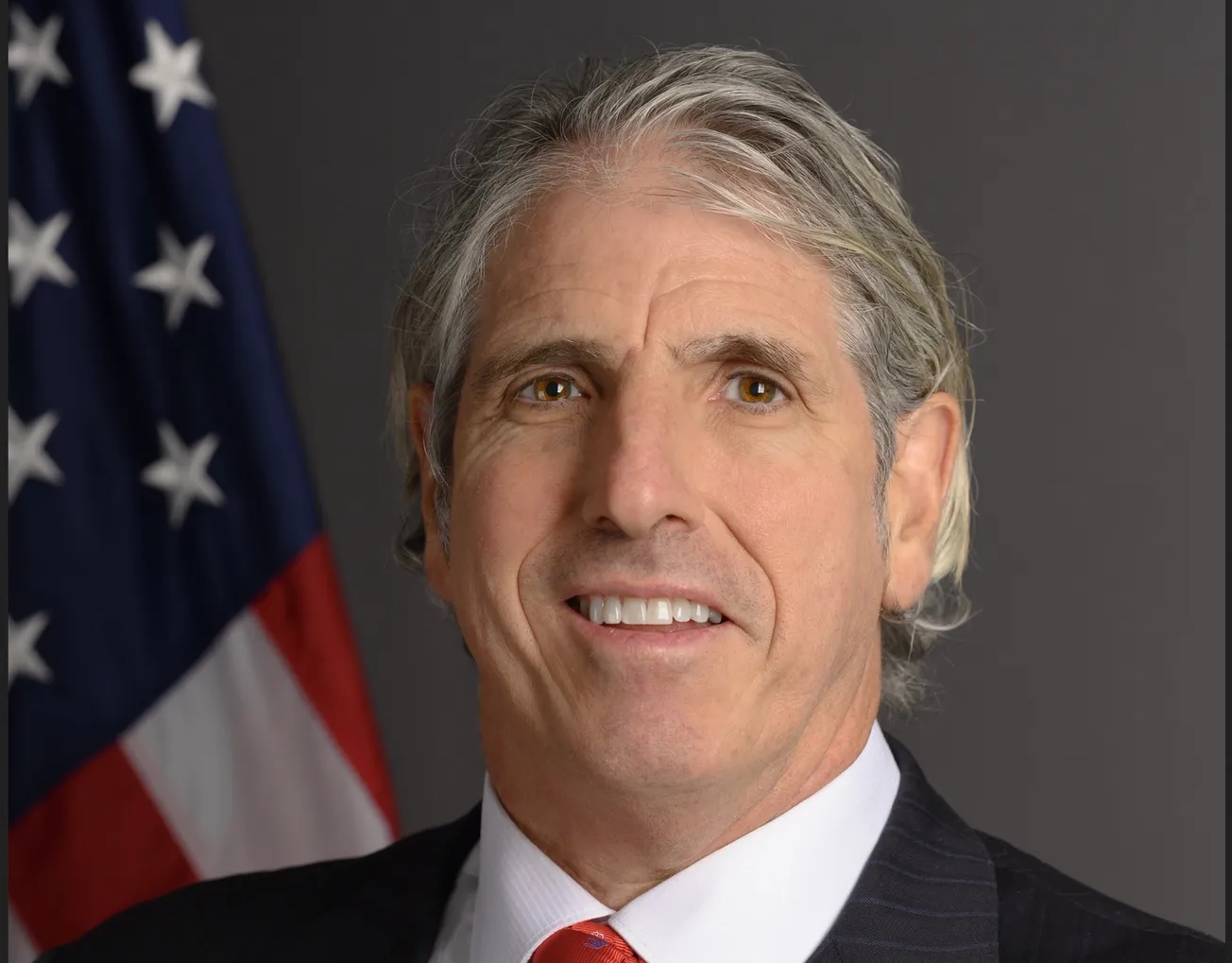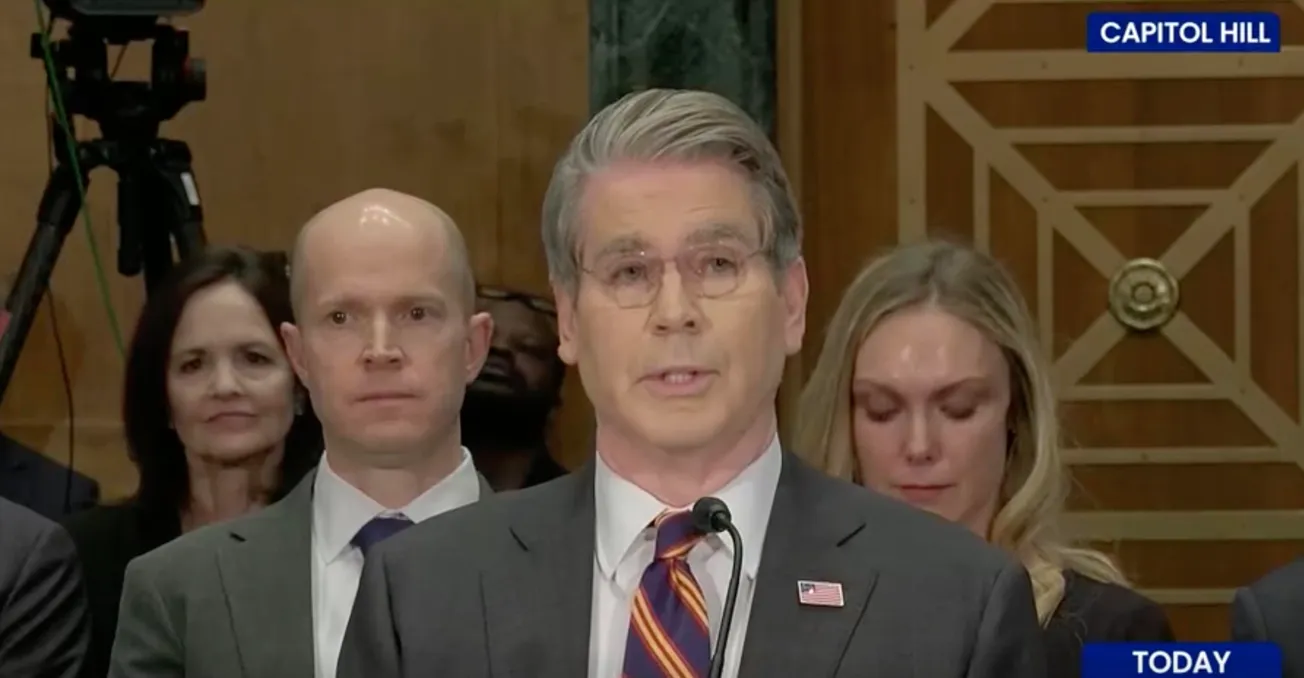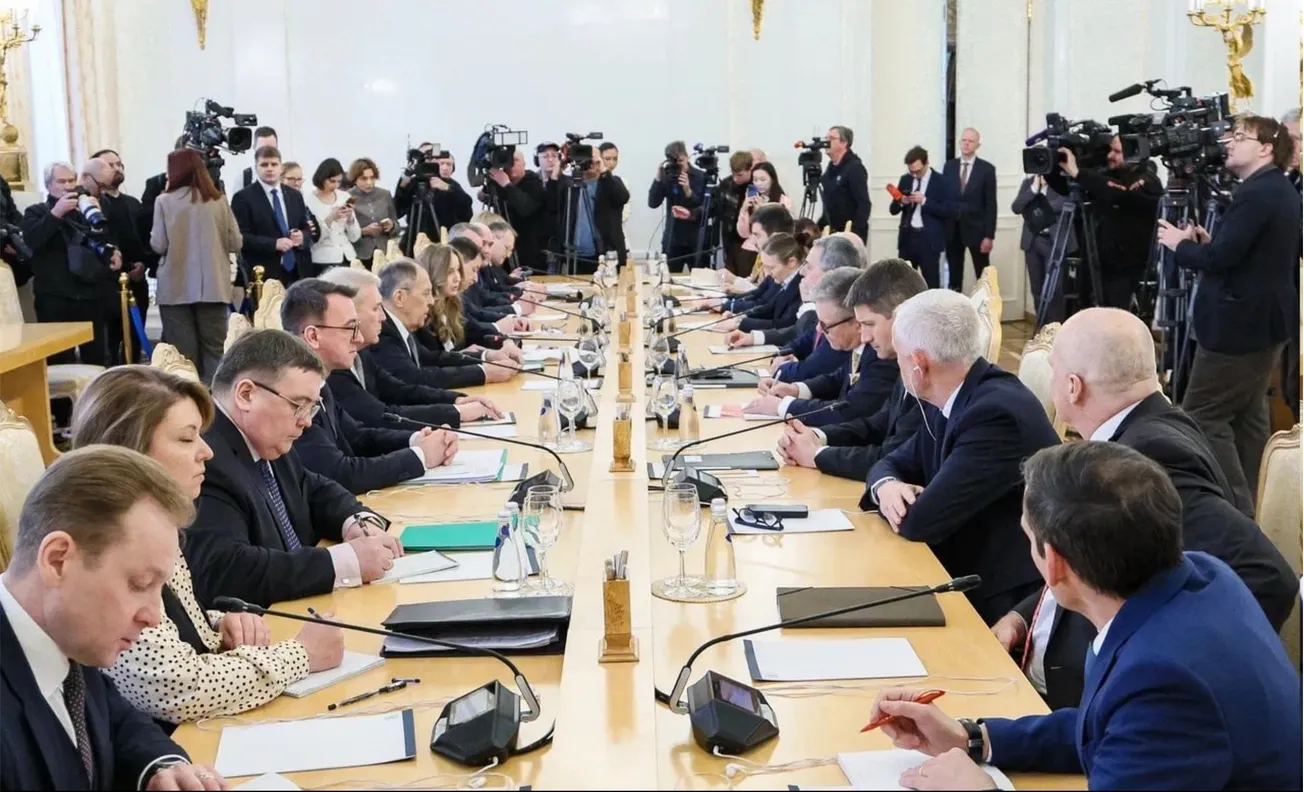Former Italian Gen. Fabio Mini characterized as “surprising” in an article in Il Fatto Quotidiano Oct. 27, the admission by Frank Ledwidge, top advisor to the British military, that Ukraine cannot win the war, after having insisted on the contrary for two years. “Ukraine Cannot Defeat Russia—The Best the West Can Do Is Help Kyiv Plan for a Secure Post-War Future,” is the headline of an article by Ledwidge published in The Conversation on Oct. 24.
Mini found it singular that British analyst Ledwidge comes to this conclusion, given that he “always sided with Ukraine and the British armed forces that made it their battlefield by instigating and organizing all of Kiev’s most unscrupulous and aggressive operations.”
A few notes on Ledwidge: “He worked for a decade in the Balkans and Eastern Europe on international human rights and criminal law reform. He served as the first ‘legal adviser’ to the British mission in Helmand Province (Afghanistan) in 2007-2008 and played a similar role at the British Embassy in Libya during and after the war (2011-12). He also worked in Ukraine during the ongoing conflict. He is the author of several books, including the best-selling Losing the Small Wars: British Military Failure in Iraq and Afghanistan. He currently teaches at RAF Base Halton as part of the University of Portsmouth team.”
Not exactly a small fish, “This operative and academic [figure] has always commented on the war in Ukraine by following or tracing the path of Kiev propaganda,” Mini underlines. Now, he has apparently changed his mind: the war has become a war of attrition, and you cannot win a war of attrition against Russia, Ledwidge wrote. It is better to start negotiations. “A starting point could be accepting that Crimea, Donetsk and Lugansk are lost—something an increasing number of Ukrainians are beginning to say openly. Then we need to start planning seriously for a post-war Ukraine that will need the West’s support more than ever.”
Mini warns: they “would gladly give up the territories annexed by Russia not out of magnanimity but because they would not be able to control them without proceeding to genocide of all Russophones or Russophiles. They would like to cede something now not for the safety of everyone but to gain ten years to arm themselves, rearm Europe and ‘confront’ Russia with weapons. The Ukrainians and the British know very well that ten years of such preparation for war does not constitute deterrence and is unsustainable: it means decreeing the death of Europe. It would be ten years of global change while our continent impoverishes and bleeds itself dry in hiccup wars, sabotage, economic strangulation and internal unrest in pursuit of the big business of reconstruction to be perpetuated by subsequent destruction. Russia has already declared that it is unwilling to enter into a compromise that does not consider the security of Europe, and China, which supports it, has also added the security of mainland Asia.
“Ledwidge concludes his enlightening remarks with a rhetorical lecture: ‘More importantly, the West must plan how to support a heroic, broken, but still independent Ukraine!’ Without in any way detracting from the Ukrainian people’s resilience toward their adversaries and forbearance toward their rulers, one can be sure that they do not relish ‘memorial’ heroism. Material destruction is remediable, moral destruction is not, and the independence of a defunct country is futile while that of a country wounded in body and spirit, whose survival depends on the alms of others, is de facto slavery. Russia wants a European security arrangement that does not see it under constant threat from NATO or anyone else. If NATO wants the same thing, to get out of the nightmare of all-out war by attrition or annihilation by disgrace, it must give up further enlargements. And perhaps check whether those granted so far comply with the principle of contributing to common security or are not instead conducive to insecurity and conflict.”
Fabio Mini is a three-star general (ret.) of the Italian Army, former chief of staff of NATO Southern Europe Command and commander of the international mission in Kosovo.





